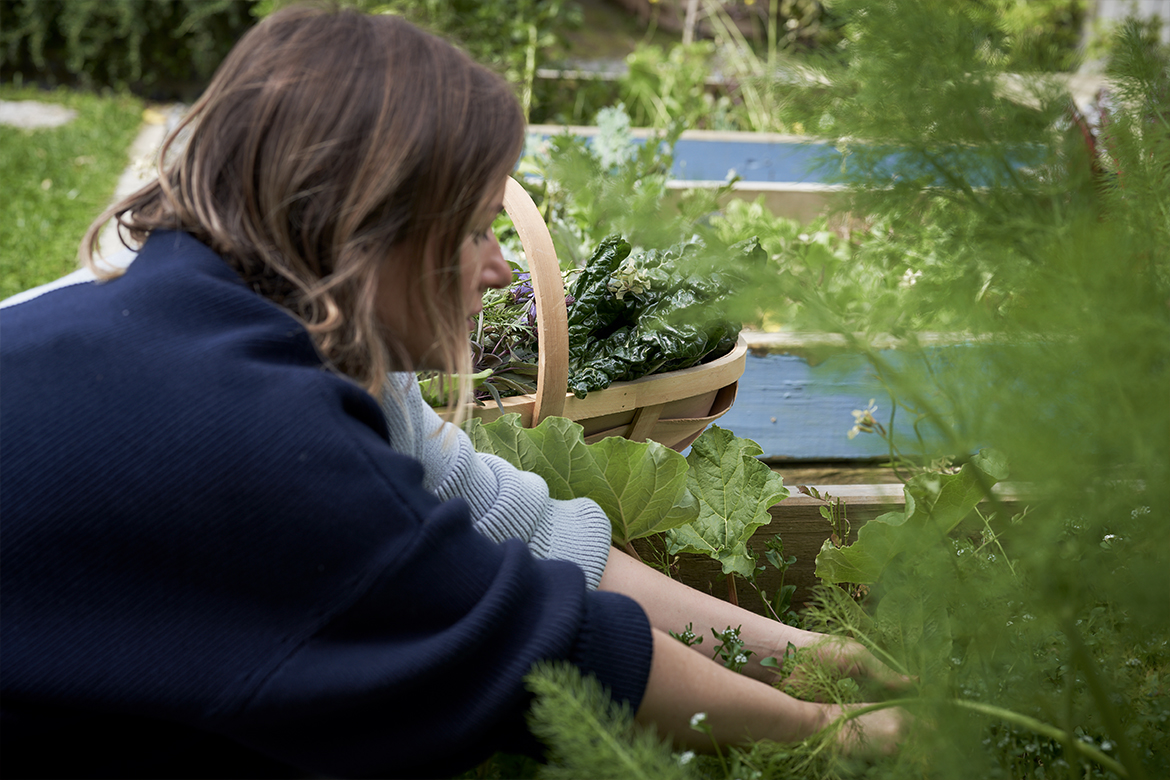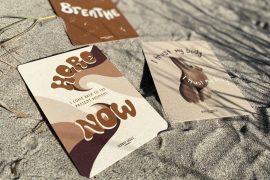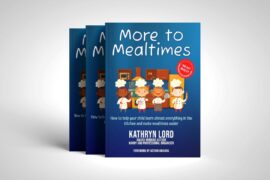By Shayna Stalker
No matter your salary bracket, you will likely be feeling the pinch. To put it mildly. As mortgage rates and rents rise, the essentials are squeezing the necessities. The necessities are squeezing the nice-to-haves. And the nice-to-haves are becoming the impossible-to-achieves.
Latest statistics show that the average New Zealand household has had to spend 8.2 percent more than they did just 12 months ago. That’s an incredible sum. To make the maths easy, let’s take a household income of $100k ($10k less than the national average). That household now must find an extra $8200. That’s $683 a month. That’s hard.
So, what can we do?
The answer could be simple. Really. The answer could lie in simplicity. If we make time for some of the simple things, the things that our grandparents and their parents did back when things were a little more scarce, maybe those little things can add up to make a big difference.
It takes a little more effort, a bit more planning and forethought, but by utilising more of what we do have, wasting less, growing or making our own, and choosing to repair rather than replace our belongings, it could make a positive difference. Living a little more consciously could easily result in a little more capital.
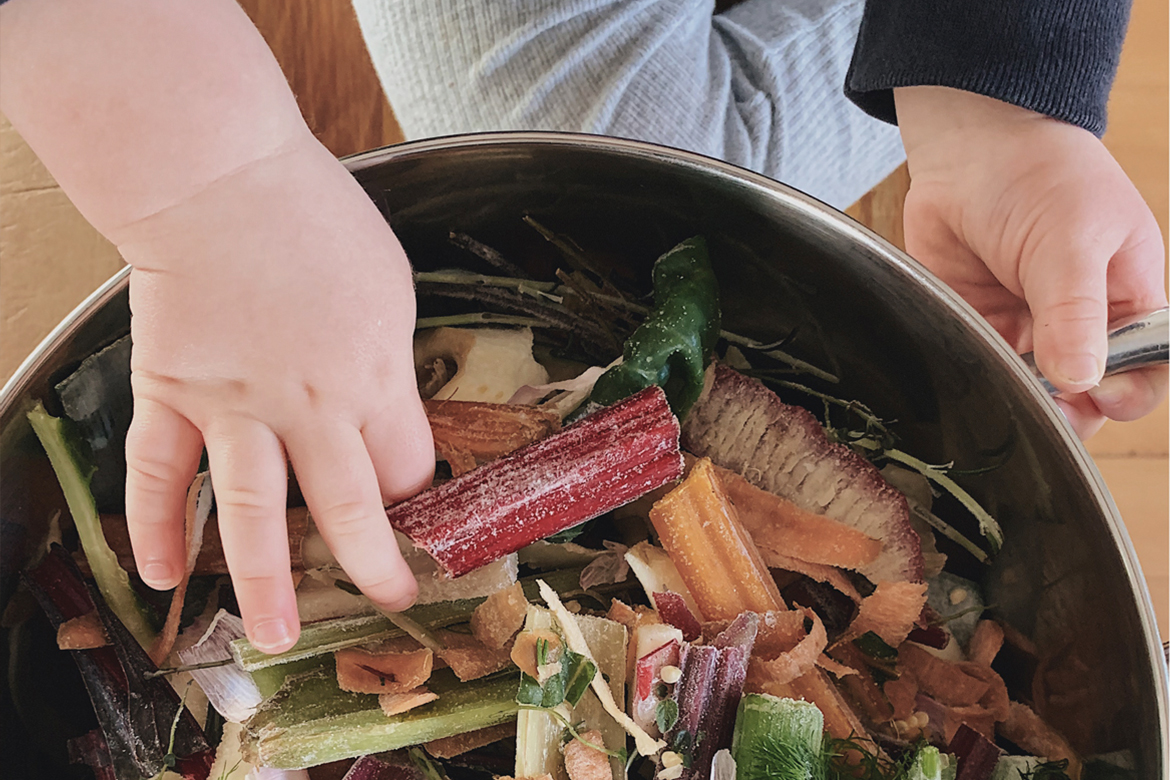
10 changes that could change everything
Buy less
Sounds obvious but it’s one of the hardest things to do. Next time you are about to buy something, try stopping and asking yourself this. Do I really need it? Or do I just want it? And if I need it, is there another way? Once you pass the impulse part of purchasing, you are in control. A new outfit can instead become a new take on an old one. An easy dinner can be a hot roast chicken rather than a take away. Coffee taken from home can replace coffee on the run. Doing just one of those things differently will see you spend less and save more.
Preserve gluts
When things are in season, they are cheap. Or better still, free. We buy large quantities of fruit (or gather it from neighbourhood trees) then turn it into chutneys, jams, or simply ‘can’ it to preserve and keep for months to come. Weck jars are excellent for this sort of preserving but you may have some large, pre-used jars lying around already.
Grow your own
No matter the size of your outdoor space, you can utilise it to grow edibles. From herbs in a window box to potatoes in a bag on the deck. A purpose-built veggie patch or simply planting vegetables amongst your flowerbeds. Nothing tastes better than home grown and you can easily be picking everything from salad to spuds right from your own backyard. Growing your own seedlings is the most cost-effective way to go. We are part of a few seedling swaps with friends and family.
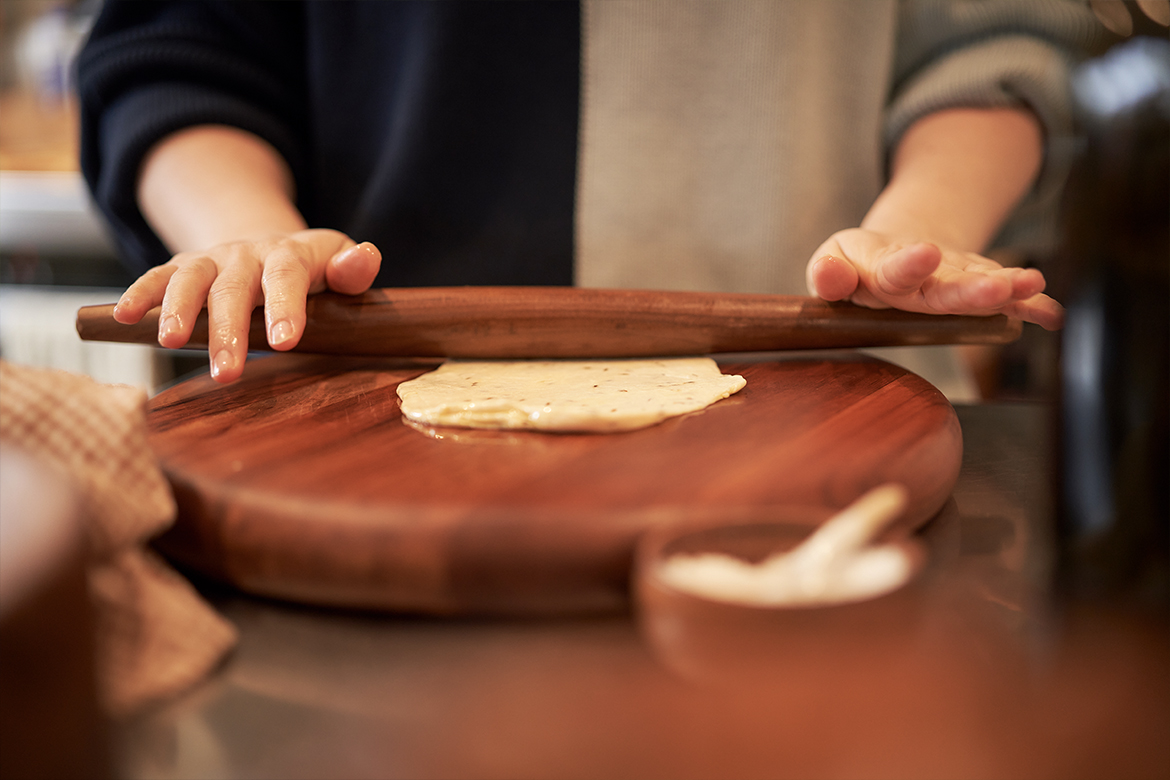
Make your own
With just a little effort you can become an alchemist. Flour and water can create magic. From flat breads to bloomers, making your own is the best things since, well sliced bread. It doesn’t stop there. Simply add rennet to milk and you are half-way to making yoghurt or cheese. I often spend a morning with the kids making bulk batches of bircher, muesli bars and cookie dough. The latter I freeze in portions and bake when needed. These daily staples quickly add up to daily savings.
Take stock
Use veggie peelings, raw or cooked bones and meat scraps to make your own stocks. For dark stocks you can roast off your bones and scraps beforehand. Or simply whack it all in a big pot and boil for 3-4 hours. We stick all our vegetable peelings in the freezer until we’re ready to use them. A good stock can transform a dish and it really is as simple as boiling water.

